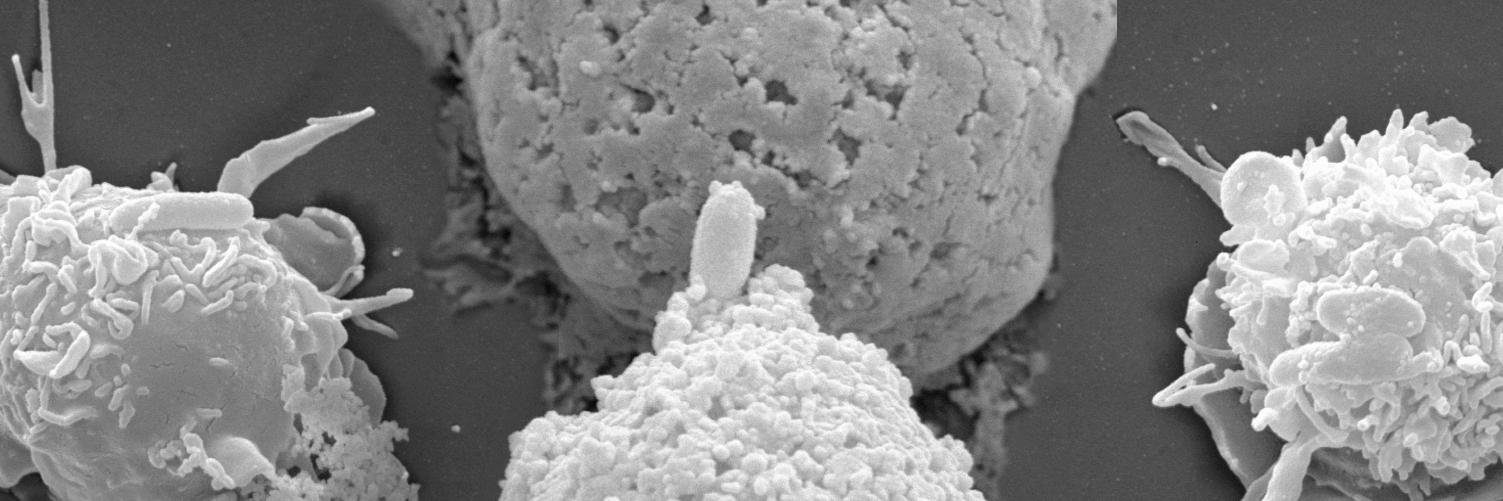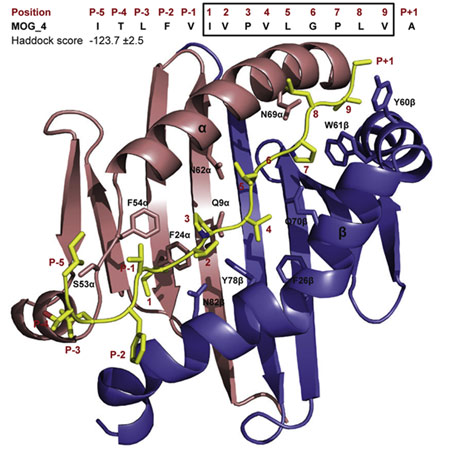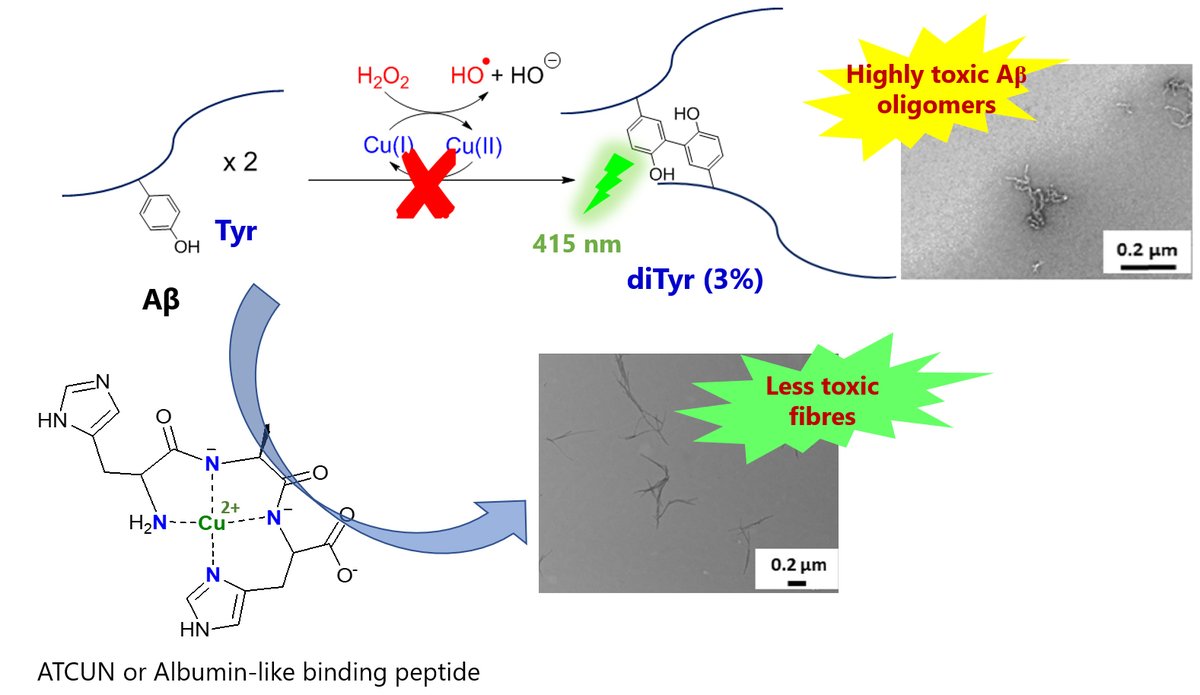
Atlas of Science
@AtlasOfScience
Atlas of Science is publishing layman’s abstracts of research articles to highlight research to a broader audience and to promote Scientists all over the world.
Anti-tumor IgE antibody: enhancing strength by stripping sugars Antibody based therapeutics have emerged as a key player in the management of diseases including cancer with majority of monoclonal antibodies (mAbs) belonging to the IgG class. Recently... atlasofscience.org/anti-tumor-ige…

Ferrate technology: an innovative solution for sustainable sewer and wastewater management Sewers might be out of sight, but they play a huge role in shaping the well-being of a society. They quietly carry away all the wastewater from our homes, ... atlasofscience.org/ferrate-techno…

Sleep abnormalities in different clinical stages of psychosis Sleep abnormalities are commonly observed in individuals with schizophrenia and related psychotic disorders. Research shows that over half of people with these conditions have trouble sleeping atlasofscience.org/sleep-abnormal…

Boosting vaccine power: how injection site matters A location of the body surface where a vaccine is administered might be just as important as the vaccine itself. Our research explores how injecting a vaccine at a specific acupoint called “Houhai” ... atlasofscience.org/boosting-vacci…

Shutting down unwanted visitors: Please be quiet Our cells respond to invading DNAs formed by viral infection in a variety of ways to suppress their ability to produce RNAs and proteins. One mechanism is to wrap the DNA with histones into a form of ... atlasofscience.org/shutting-down-…

Is multiple sclerosis triggered by immunological cross-recognition between an ancient virus and brain cell proteins? Multiple sclerosis (MS) is an autoimmune disease where immune cells (T cells) and antibodies progressively damage the myelin ... atlasofscience.org/is-multiple-sc…

UCLA researchers develop high-sensitivity paper-based sensor for rapid cardiac diagnostics A significant advancement for point-of-care medical diagnostics, a team of researchers from UCLA has introduced a deep learning-enhanced, paper-based vertical... atlasofscience.org/ucla-researche…

Unlocking new treatments for bone diseases: using PEPITEM to strengthen bones and prevent loss Despite appearances, bones are a constantly changing organ in the body. Cells that produce new bone (named osteoblasts) and cells that break down bone ... atlasofscience.org/unlocking-new-…

The Manikin Challenge: manikin-based simulation in the psychiatry clerkship Psychiatry is a nuanced specialty that relies on body language and subtle nonverbal cues from patients. As such, when using simulation to teach medical students, standardized... atlasofscience.org/the-manikin-ch…

Does UV-B radiation modify gene expression? Frequently the harsh environmental conditions, such as, high temperatures, low freezing conditions, high levels of PAR and UV-B sun radiation induce remarkable adaptive reactions in plants. ...atlasofscience.org/does-uv-b-radi…

A compact high yield isotope enrichment system Highly enriched isotopes such as 10B, 98Mo, and 100Mo are in great demand for the manufacturing of radioactive isotopes for medical diagnostic imaging studies and therapeutic applications. ...atlasofscience.org/a-compact-high…

Late second trimester miscarriages A second trimester miscarriage is the spontaneous loss of a pregnancy between 12 and 22 weeks of pregnancy. This is indeed a very sad experience to the parents. It has been said that a miscarriage may cause more ... atlasofscience.org/late-second-tr…

Making Christmas trees under duress, or how cells regulate the production of ribosomal RNA Some of the most enduring images for a molecular biologist are electron microscopy micrographs of the so-called “Christmas trees”, famously first observed by ... atlasofscience.org/making-christm…

Rabbits with mammary carcinomas as a model for comparative pathology and translational science in breast cancer research Within a breeding colony of rabbits, the American pathologist Harry Greene (1904-1969) observed that mammary carcinomas were ... atlasofscience.org/rabbits-with-m…

Could mometasone furoate be a viable glucocorticoid with fewer metabolic adverse effects? Glucocorticoids are medications widely used to treat inflammation and allergies, and in contexts of immunosuppression such as after transplants. They are well- atlasofscience.org/could-mometaso…

Galectin-9: A new target for beating atherosclerosis? Atherosclerosis is a chronic medical condition characterised by the accumulation of fat in the walls of blood vessels, which obstruct the normal flow of oxygen-rich blood and can have severe ...atlasofscience.org/galectin-9-a-n…

Naturally occurring peptide may tackle the “root cause” of obesity-related diseases Obesity typically occurs when a person eats more calories than they need for their daily activity. It results in a build-up of fatty tissue around all organs.... atlasofscience.org/naturally-occu…

Linking copper, tyrosines and protein aggregation in Alzheimer’s disease The prevalence of Alzheimer’s disease (AD), the most common cause of dementia nowadays, is expected to increase within the coming years, representing a serious threat for society.. atlasofscience.org/linking-copper…

Improving assessment of arthritis models to better reflect human symptoms of disease Rheumatoid Arthritis (RA) is a common inflammatory disease that is characterized by swelling and tenderness of multiple joints. ... atlasofscience.org/improving-asse…

Systemic therapy in juvenile localized scleroderma Juvenile localized scleroderma, also known as morphea, is an rare condition, it occurs around 1 in 5000 children, where the skin and the tissues underneath the skin like fat tissue, muscle, tendons, ... atlasofscience.org/systemic-thera…
